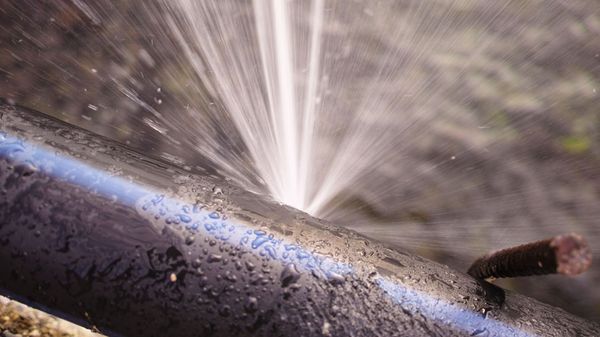2022-03-11
•

There are vast freshwater resources that are difficult to access, the groundwater levels are low in highly populous areas due to over-exploitation, ineffective management and infrastructure causes water to be wasted before reaching end-user, ineffective wastewater management and lack of conservation etc. Due to these reasons, in many parts of the world, there is an insufficient supply of water with respect to demands.
Water stress occurs when the demand for water exceeds the available amount during a certain period or when poor quality restricts its use. 54% of India faces high water stress. Over one billion people lack access to water and another 2.7 billion find it scarce for at least one month of the year. A 2014 survey of the world's 500 largest cities estimates that one in four are in a situation of "water stress". According to UN-endorsed projections, by 2030, global demand for fresh water will exceed supply by 40%. Climate change and human population growth expedite the crisis.
In 2017 & 2018, the city of Cape Town almost ran out of drinking water. There was severe rationing of water, and the world watched as the media reported the long queues for water.
Closer home, a study by NITI Aayog predicted that major Indian cities will run out of groundwater by 2020. See link.
Chittor in Andhra Pradesh ran out of groundwater in 2019 and is now slowly recovering the water table after conservation efforts.
In many areas of Bangalore, people are dependent on water tankers. Interestingly India has rich water resources and enough rainfall to effectively support its water needs (Drinking, irrigation, sanitation) in most of its geographical areas, except for some extremely arid areas which require water from elsewhere.
Water scarcity is a major problem looming over our heads. Only through thoughtful behavioural and infrastructure changes can we ensure that this precious commodity is not over-exploited to the brink of causing irreversible damage to life on Earth.
References:
https://www.bbc.com/news/world-42982959
http://jalshakti-dowr.gov.in/sites/default/files/SuccessStory-AP-June2018.pdf

2021-04-15

2021-01-22